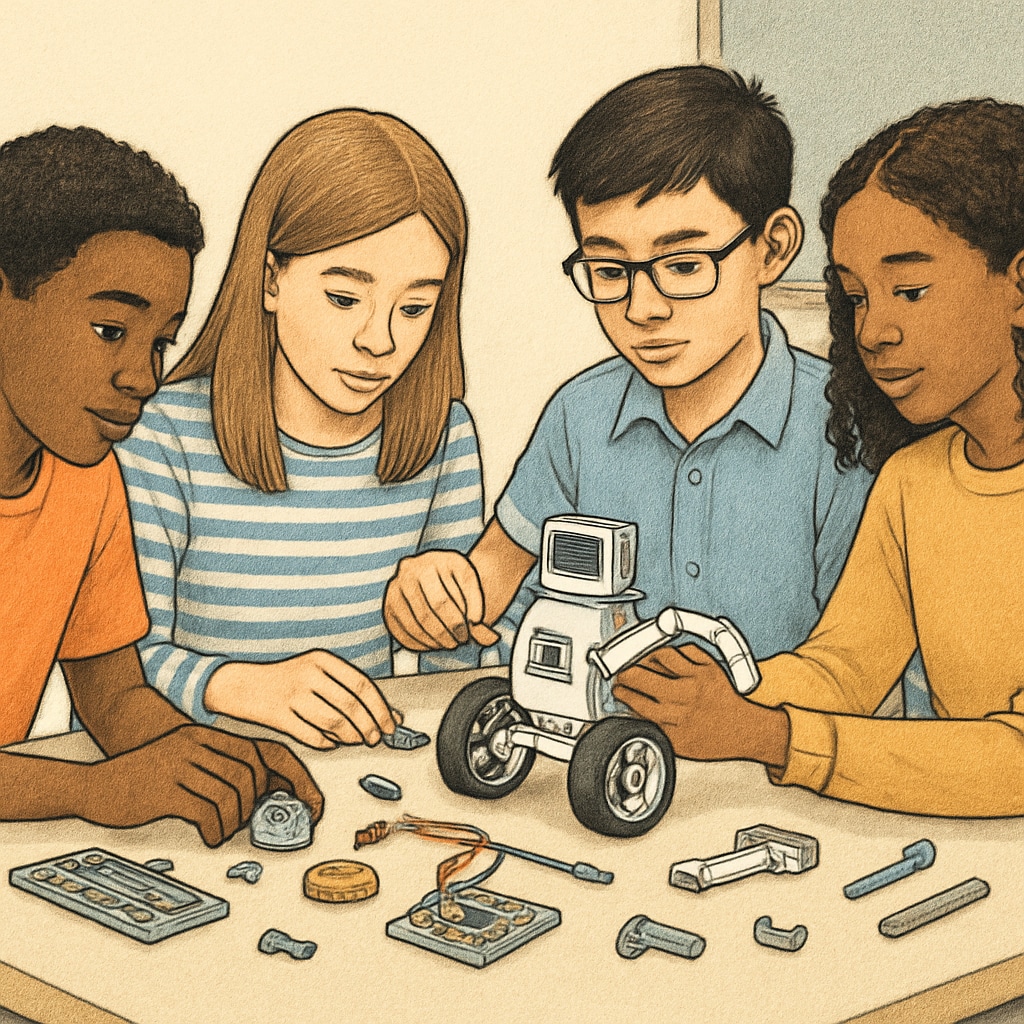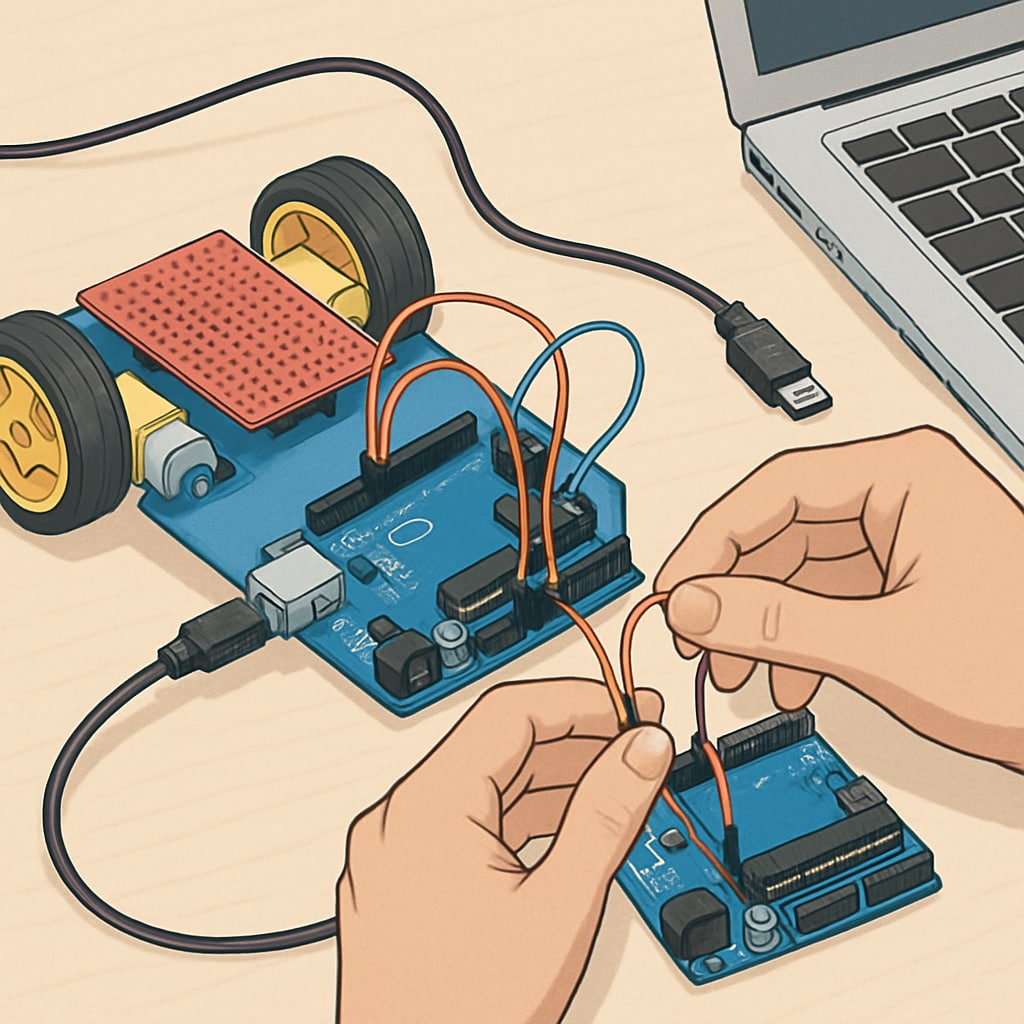Beginner-friendly robotics courses using project-based learning are transforming how K12 students engage with technology education. Unlike traditional methods that often leave students either bored with basic concepts or overwhelmed by technical details, this approach creates a balanced learning experience where students build real robots while mastering fundamental principles.

The Power of Hands-On Robotics Education
Project-based learning in robotics offers several advantages for beginners:
- Immediate application of theoretical concepts
- Development of problem-solving skills through real challenges
- Enhanced retention through experiential learning
- Opportunities for creative expression within technical constraints
According to research from Project-based learning on Wikipedia, this method significantly improves student engagement and knowledge retention in technical subjects.
Structured Progression for Beginner Robotics Courses
Effective project-based robotics programs follow a carefully designed progression:
- Basic mechanical assembly (understanding components and structures)
- Simple programming concepts (controlling movement and sensors)
- Problem-solving challenges (navigating obstacles or completing tasks)
- Creative projects (designing original robotic solutions)

This scaffolded approach ensures students build confidence while gradually acquiring more complex skills. The Robotics overview on Britannica confirms that such structured learning is particularly effective for young learners.
Measuring Success in Beginner Robotics Education
Successful implementation of project-based robotics courses shows several positive outcomes:
- Increased student interest in STEM fields
- Improved teamwork and communication skills
- Development of systems thinking abilities
- Greater confidence in tackling technical challenges
As a result, these beginner-friendly robotics courses are becoming essential components of modern STEM education, preparing students for future technological challenges while nurturing their natural curiosity and creativity.


